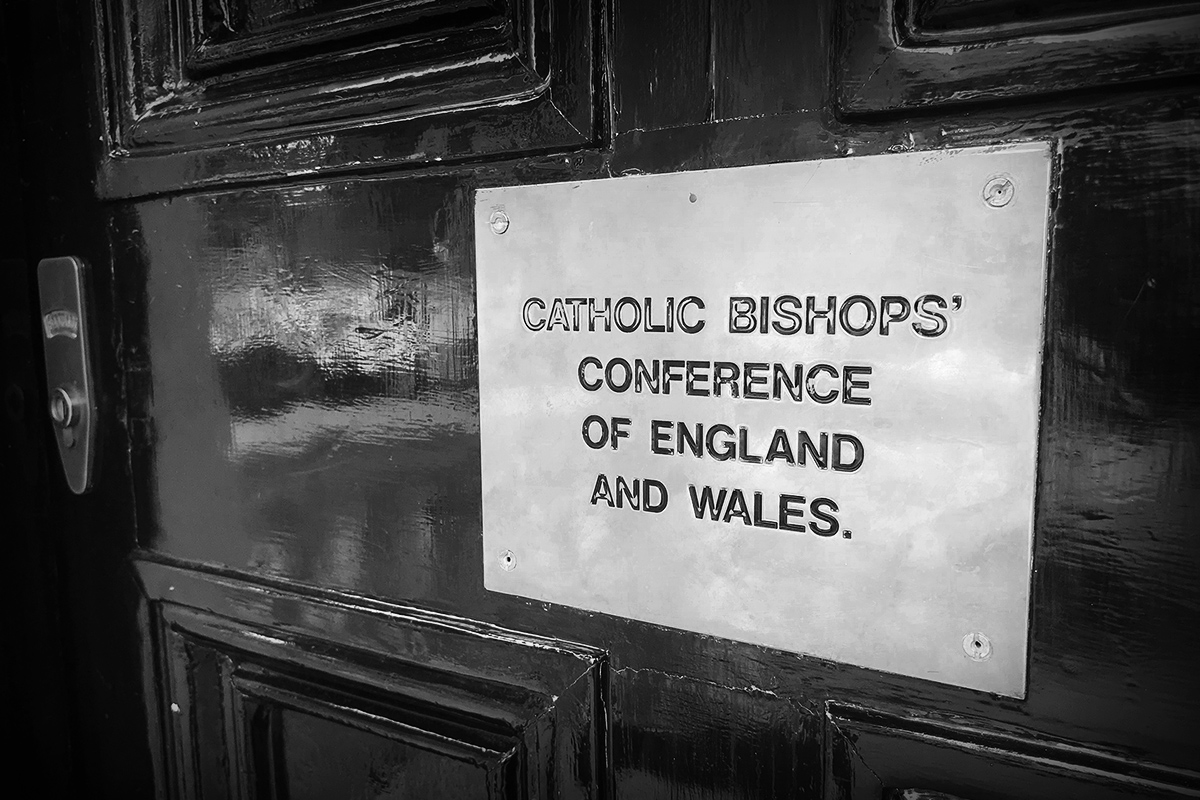
A Statement from the Presidents of Churches Together in England who represent the Western traditions of the Church, The Most Revd and Rt Hon Justin Welby (Archbishop of Canterbury), H.E. Cardinal Vincent Nichols (Cardinal Archbishop of Westminster), The Revd Dr Hugh Osgood (Free Churches Moderator), Bishop Eric Brown (Pentecostal President) and Billy Kennedy.
Their statement is issued with the prayerful support of the Orthodox President, HE Archbishop Gregorios of Thyateira and Great Britain
As Presidents of Churches Together in England we encourage all churches in England to mark the 500th Anniversary of the Reformation in 2017 with sensitivity as we acknowledge our unity in Christ. We have learnt over the past century that unity is achieved by walking together, and we have grown in communion, friendship, reconciliation and healing. During this anniversary we want to be able to listen to the truth that is in each other, to hear our different stories, and build bridges of deeper understanding and respect.
Speaking at the Inauguration Eucharist of the General Synod of the Church of England in November 2015, Fr Raniero Cantalamessa, Preacher to the Papal Household, said, ‘The Christian world is preparing to celebrate the fifth centenary of the Protestant Reformation. It is vital for the whole Church that this opportunity is not wasted by people remaining prisoners of the past, trying to establish each other’s rights and wrongs. Rather, let us take a qualitative leap forward, like what happens when the sluice gates of a river or a canal to enable ships to navigate at a higher water level. The situation has changed dramatically since then. We need to start again with the person of Jesus, humbly helping our contemporaries to experience a personal encounter with Him…Justification by faith, for example, ought to be preached by the whole Church – and with more vigour than ever. Not in opposition to good works – the issue is already settled – but rather in opposition to the claim of people today that they can save themselves thanks to their science, technology or man-made spirituality, without the need for a redeemer coming from outside humanity.’
The course of the English reformation was long and complicated, whereas in most of what is now Germany and Switzerland it was sharp and short. That means that the anniversary of Martin Luther’s 95 theses on 31st October 1517 is but one date in a long English history which lasted from Henry VIII’s break with Rome in 1532-36 to the Restoration Settlement of 1662. As religious wars convulsed Europe, Protestant and Catholic reformers alike sought with integrity and faithfulness to bring the church closer to the will of Christ. As they did so they lent shape to what became modern Europe. During England’s long reformation, streams of Christian life that we now call Catholic, Anglican and dissenting, were all present, and have been shaped by what they experienced.
We acknowledge with sorrow that during the years of the English reformation our ancestors in the faith inflicted unspeakable violence on each other. We rejoice, however, that by the grace of God we have learnt to look at that history through the eyes of each other’s martyrs, to appreciate their integrity, courage and self-sacrifice, and above all their faithful witness to God. As we commemorate the 500th anniversary, we want therefore to acknowledge both the good that came out of this period of our history, and also the pain inflicted and the scars that remain.
We therefore urge the churches in England to keep this anniversary together in the spirit of five ‘Rs’
Rejoicing – because of the joy in the gospel which we share, and because what we have in common is greater than that which divides; and that God is patient with our divisions, that we are coming back together and can learn from each other.
Remembering – because all three streams of the Reformation have their witnesses and one church’s celebration could be another’s painful memory; and yet all believed they acted in the cause of the gospel of Jesus Christ for their time.
Reforming – because the Church needs always to grow closer to Christ, and therefore closer to all who proclaim him Lord, and it is by the mutual witness of faith that we will approach the unity for which Christ prayed for his followers.
Repenting – because the splintering of our unity led us to formulate stereotypes and prejudices about each other’s traditions which have too often diverted our attention from our calling as witnesses together to the mercy of God in proclamation and service to the world.
Reconciling – because the call to oneness in Christ begins from the perspective of unity not division, strengthening what is held in common, even though the differences are more easily seen and experienced.
In national and local events, whether together or separately, we pray that our churches may honour each other and give thanks for our growing friendship and fellowship in the Gospel.